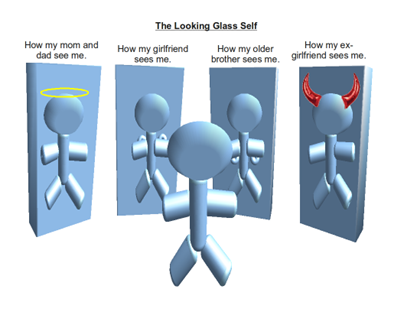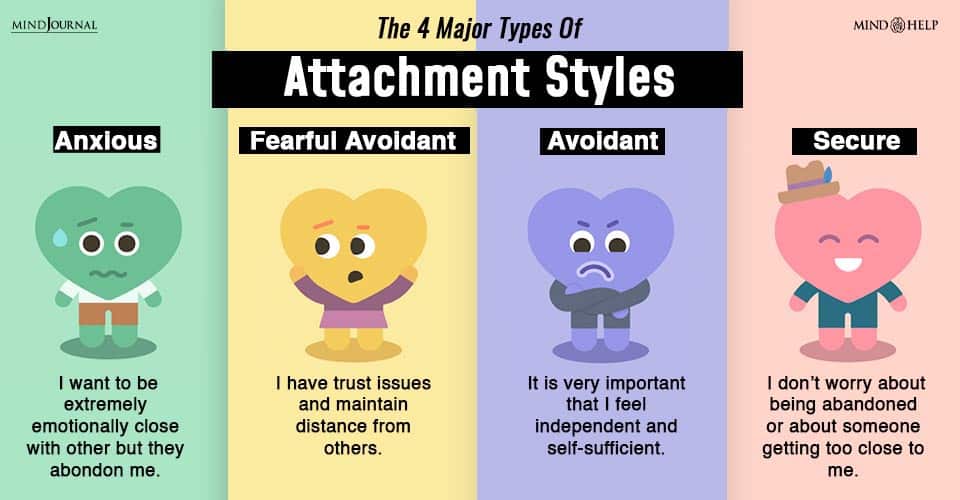Unit 9 The Story of You

Overview
The field of psychology proposes that individuals form an identity by integrating their life experiences into an internalized, evolving story of the self, that provides the individual with a sense of unity and purpose in life. This life narrative integrates one’s reconstructed past, perceived present, and imagined future. In this unit you will write your story. The two topics we cover in this unit are both related to our story and thus impact our personal journey or structure of well being: first is Gender and second is Building Friendships. The major assignment for this unit is the Leisure and sleep tracker assignment and there is no lab for this unit.
This unit is divided into the following topics:
- Building Positive Relationships
- Gender and Well-being
- Personal story
- Debrief Leisure/sleep tracker assignment
Learning Outcomes
- Share your personal self narrative.
- Explore your gender story in relation to well being.
- Analyze your social landscape and social skills in relation to well being.
- Evaluate your progress in implementing your 4 week behaviour change.
9.1 Arc of Relationships - Building Positive Relationships
The looking-glass self describes the process wherein individuals base their sense of self on how they believe others view them. Using social interaction as a type of “mirror,” people use the judgments they receive from others to measure their own worth, values, and behavior.

Figure 9.1 Looking Glass Self. Source:Wikipedia
This is the second part in our Arc of Relationship series. In the first part we covered your family of origin, in this part we will cover your friendships and romantic relationships. These relationships become the new soil we get transplanted in when we leave home.
Activity: Building Positive Relationships - Videos
This is the second part in our Arc of Relationship series. In the first part we covered your family of origin and in this part we will cover your friendships and romantic relationships.
Watch the following videos:
Robert Waldinger is a the director of the longest running study into adult happiness, “The Harvard Alumni study” which followed two groups of men for over 80 years. In this Ted talk [12 mins] he relates the findings of the study and the importance of relational connectedness in our sense of wellbeing.
Watch: What makes a good life? Lessons from the longest study on happiness
This video (24 mins) spans topics of social identity and social skills necessary for forming positive friendships.
Questions to Consider
- Are you a good listener?
- Who do you trust and why?
- How do you process it when someone apologizes to you?
- How do you numb and what is the effect on you?
- Do you have friends for each level of relationships?
Watch: Relationships and Romantic Connections
Romantic relationships are often a very important experience in the emerging adult years. This next video (12 mins) discusses building positive romantic connections, with some basic competencies to navigate this complex social landscape.

Activity: Relationships Questionnaire
Based on the second video you watched in activity 9.1, download and fill out the linked relationship survey.
Download:
- Doc: Relationship Survey
9.2 Gender and Wellbeing
Activity: Gender and Wellbeing Videos
Gender plays a large role in our health and socioeconomic outcomes. Beyond these objective measures we see different life patterns and related self stories based on gender. These videos covers some of these differences.
What’s the difference between Boys and Girls - Jimmy Kimmel - 3 mins
Watch: Jimmy Kimmel Talks to Kids - What’s the Difference Between a Boy & a Girl?
Gender is a controversial political topic however our goal is not to wade into the debate but discuss your gender in relation to your personal wellbeing and self story. Gender plays a large role in our health, wellbeing, and socioeconomic outcomes. Beyond these objective measures we see different life patterns and related self stories based on gender. This video (12 mins) covers some of these differences.
Questions to Consider
- What gender role models came from your family of origin?
- What do you like about your gender story and how does it contribute to your sense of wellbeing?
- What do you not like about your gender story and how has it limited your sense of wellbeing?
Unit Summary
In this unit you have had the opportunity to learn:
- The impact of your relationships and relational patterns on your personal wellbeing.
- The impact of your gender story on your wellbeing
Assessments
- Review and Integration 9: Story of you
- Sleep and Leisure Tracker assignment
Review and Integration 9: Write Your Story
Our self stories are powerful tools in shaping our understanding of the world around us and our place in it. These stories can empower us but can also limit us. We want you to take some of the ideas shared in this unit and incorporate them into your reflection of what makes up your personal narrative. Before you begin, take a look at this (5 min) video below that will help contextualize what Self Story is.
Watch the video Self-Story presentation – 5 mins
In this discussion forum, add a new discussion topic and write a 200-500 word story about yourself (by Mar 22). If you don’t know where to start use the following prompts:
- Physical and Emotional: description of yourself
- Who are the important people in your life?
- What are important events in your life?
- What is important to you goals or visions of your future self?
Afterwards, read through at least two of your peers stories and click on “Reply” and ask them a question about their story (by Mar 22) and answer any two questions posed to you in at least (50 words) by Mar 25.
Sleep and Leisure Tracker Assignment
Complete the Sleep and Tracker Assignment from Unit 8.
Check your Learning
Before you move on to the next unit, you may want to check to make sure that you are able to:
You have assessed how your relationships and relational patterns are contributing to your own sense of wellbeing. Also how those relationships have contributed to your own story. Our stories can motivate us toward goals and an ideal version of ourselves however they can also limit our ability to see various life options. That is why the college experience is so beneficial because it expands our worlds and allows us to see more opportunities. These personal stories will be critical to our next unit topics of suffering and meaning making.
Before you move on, don’t forget to:
- Submit R&I 9:The Story of You
- Submit Leisure & Sleep Tracker Assignment
- Submit Record on your plan for Flourishing plan log